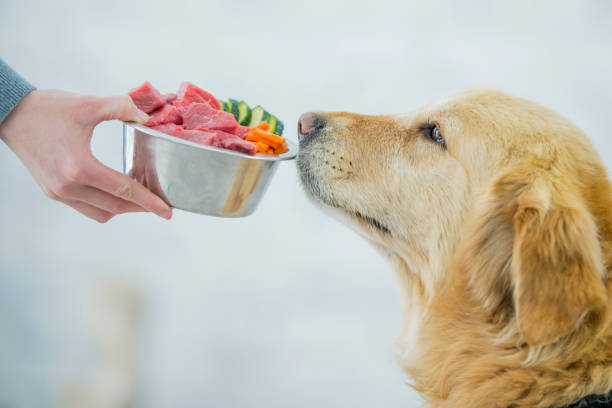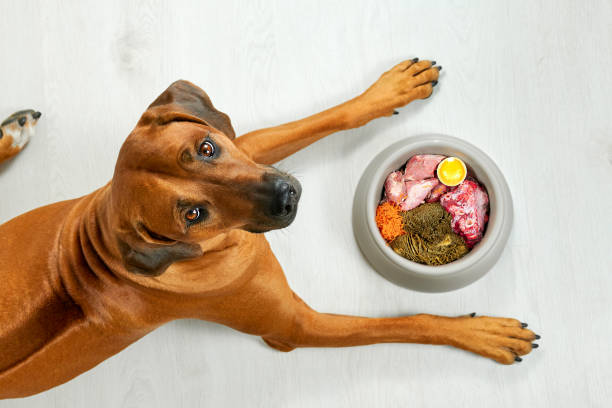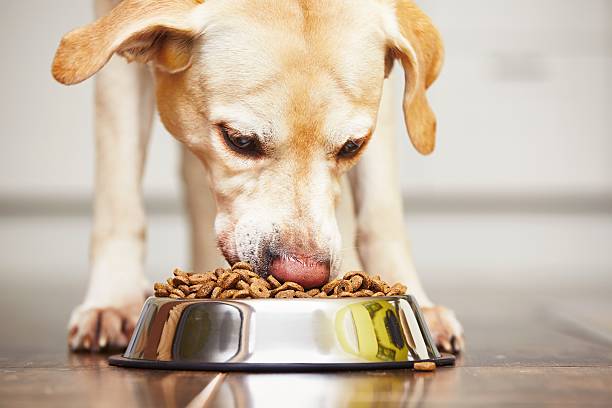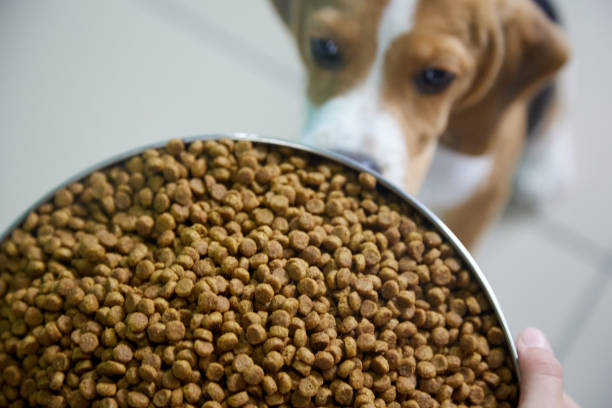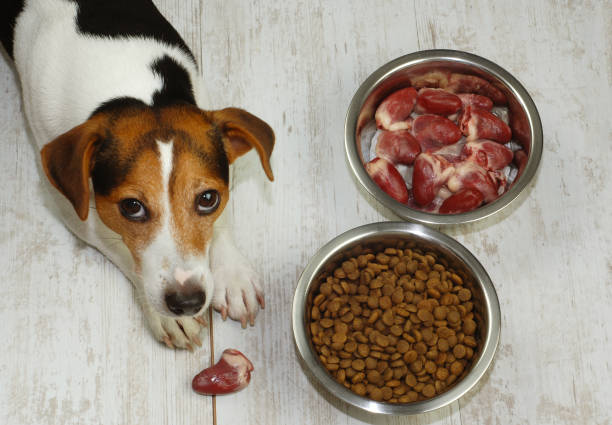The 10 Pros and Cons of Grain-Free Dog Food
The debate over grain-free dog food has gained significant attention in recent years. Many pet owners turn to grain-free diets, believing they offer health benefits, while others are concerned about potential risks. This post will evaluate both sides of the debate, helping you decide whether grain-free is the right choice for your dog.
Table of Contents
What is Grain-Free Dog Food?
Grain-free dog food is formulated without grains such as wheat, corn, rice, or barley. Instead, these foods often use alternative carbohydrate sources like sweet potatoes, peas, or lentils. Proponents claim that a grain-free diet more closely resembles a dog’s ancestral diet, while critics warn of potential risks.
The Pros of Grain-Free Dog Food
- Helps Dogs with Grain Allergies or Sensitivities
If your dog has an allergy or sensitivity to grains, switching to a grain-free diet can help alleviate issues such as itching, digestive upset, or skin conditions. Grain-free options may be easier on the stomach for dogs with specific food sensitivities. - May Improve Coat and Skin Health
Some dog owners report improvements in their pets’ skin and coat after switching to a grain-free diet. This could be due to the higher levels of animal protein and alternative ingredients that support healthy skin. - Higher Quality Ingredients
Grain-free dog foods often contain higher-quality proteins and more natural ingredients, which some pet owners believe are closer to a dog’s natural dietary needs. This can provide essential nutrients that promote better overall health. - Better Digestion for Some Dogs
Some dogs may digest grain-free dog food more easily than traditional grain-based formulas, leading to improved stool quality and reduced gas or bloating.
The Cons of Grain-Free Dog Food
- Potential Links to Heart Disease
One of the most concerning risks associated with grain-free dog food is its potential link to dilated cardiomyopathy (DCM), a serious heart condition. In 2018, the FDA launched an investigation into reports of DCM in dogs eating grain-free diets, though no conclusive evidence has been found yet. It’s essential to consult with a vet before making dietary changes based on these concerns. - May Lack Essential Nutrients
Grains provide essential nutrients like fiber, vitamins, and minerals. In some cases, grain-free diets may not offer sufficient nutrients if not carefully formulated. Always check the ingredients and nutritional profile of any grain-free dog food you choose. - Higher Cost
Grain-free dog food is often more expensive than grain-inclusive options. For owners on a budget, this can make it challenging to maintain over time, especially for large breeds that require more food. - Unnecessary for Most Dogs
Grain allergies in dogs are relatively rare, and most dogs can digest grains without any issues. Feeding grain-free food to dogs without sensitivities may not offer any additional benefits and could expose them to unnecessary risks.
Should You Feed Your Dog a Grain-Free Diet?
The decision to switch to grain-free dog food should be based on your dog’s individual needs. If your dog has a confirmed grain allergy or sensitivity, grain-free may be a beneficial choice. However, if your dog thrives on a balanced, grain-inclusive diet, there may be no need to switch. Always consult with your veterinarian before making changes to your dog’s diet, especially if you’re concerned about DCM or other health risks.
Conclusion
Grain-free dog food offers several potential benefits, especially for dogs with sensitivities to grains. However, there are also important risks to consider, including the potential link to heart disease. Ultimately, the best decision comes down to your dog’s unique needs and preferences. Make sure to speak with a veterinarian to ensure you’re choosing the right diet for your furry friend.
